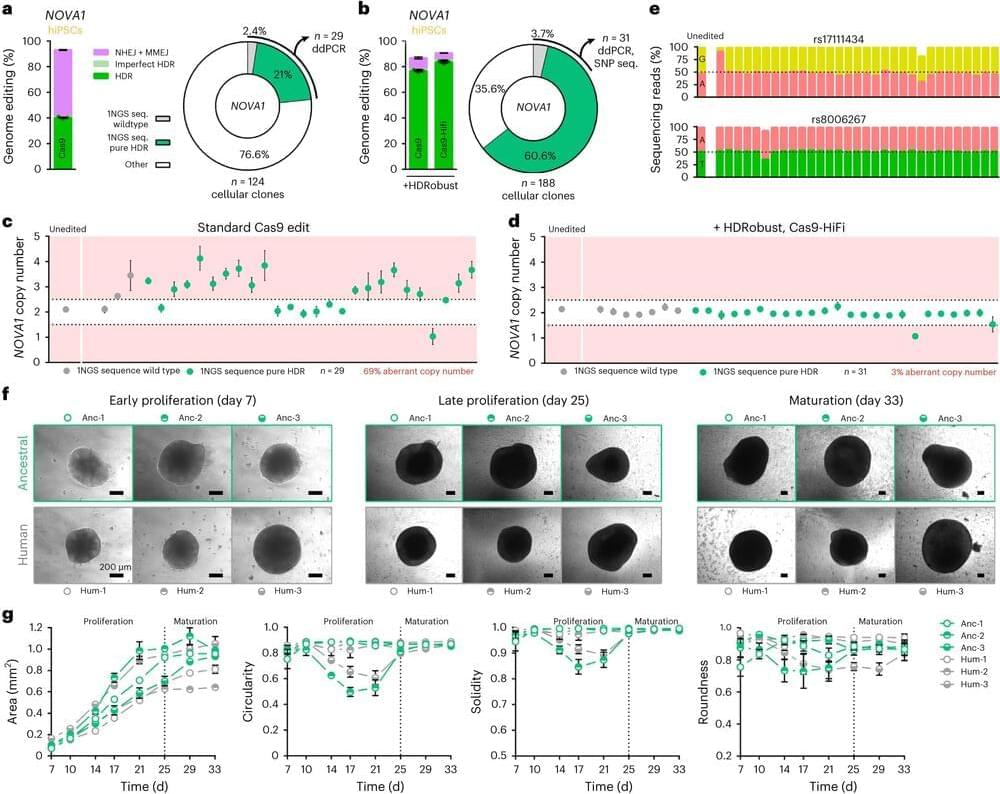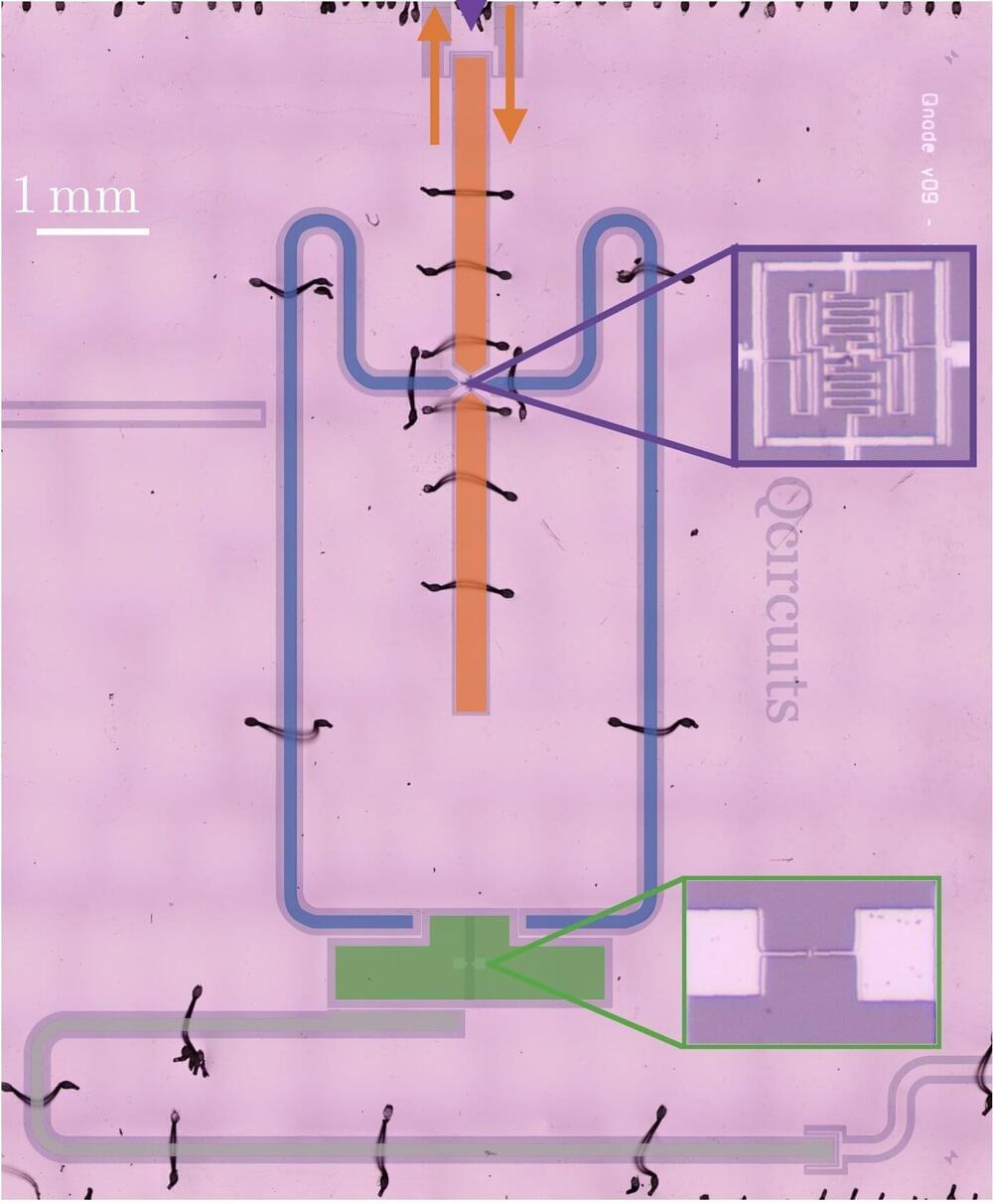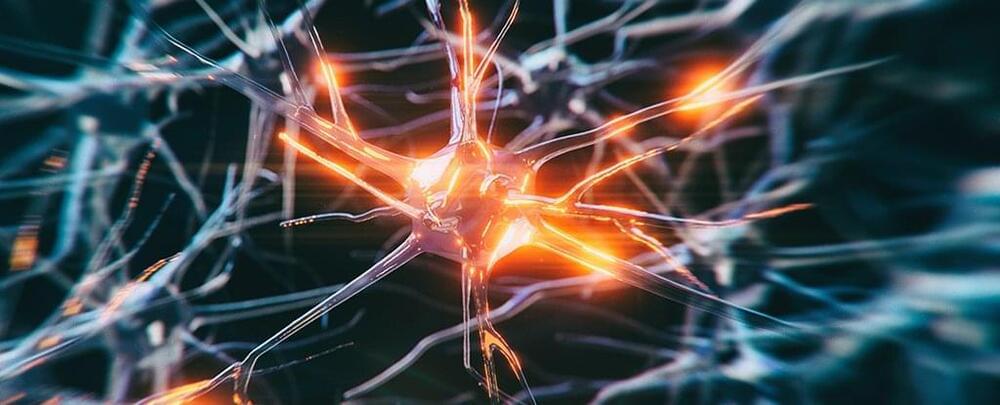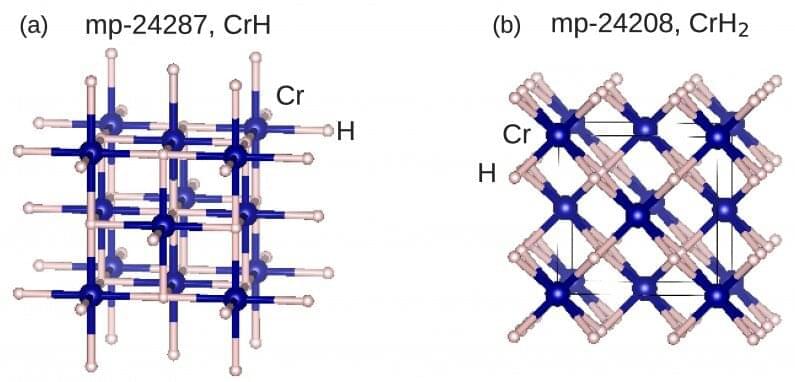Jul 21, 2023
Zygote Awakening: New Insights into Embryo Development
Posted by Dan Breeden in categories: biotech/medical, genetics
Summary: Researchers reveal how a fertilized egg cell, or zygote, initiates its own genetic program, a process known as zygote genome activation.
The research identifies the OBOX gene family as master-regulators, crucial for this activation. These genes instruct the enzyme RNA polymerase II to transcribe the right genes at the right time, beginning the embryo’s development.
The team suggests that the genes’ functions are redundant to ensure this critical transition occurs successfully.


















